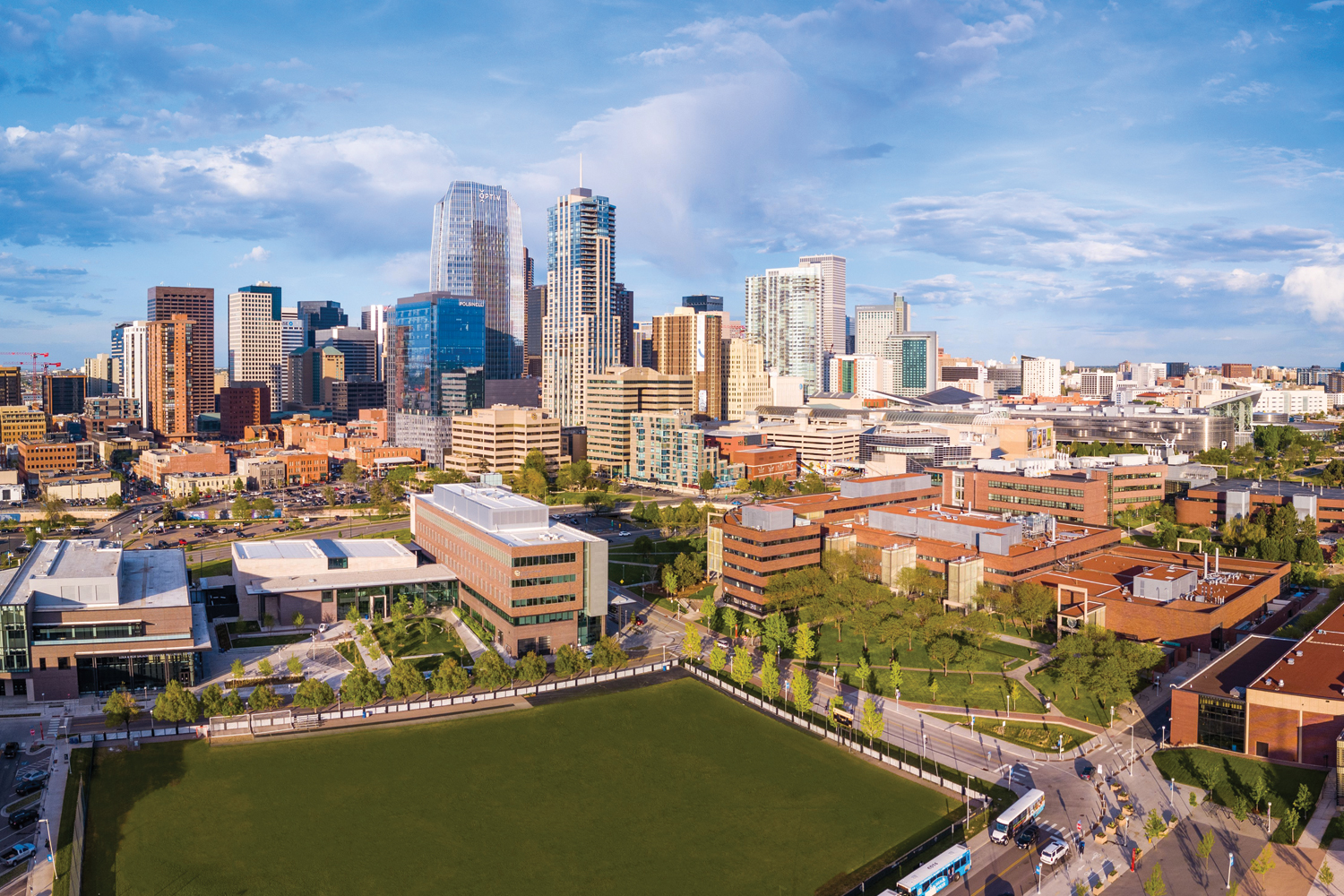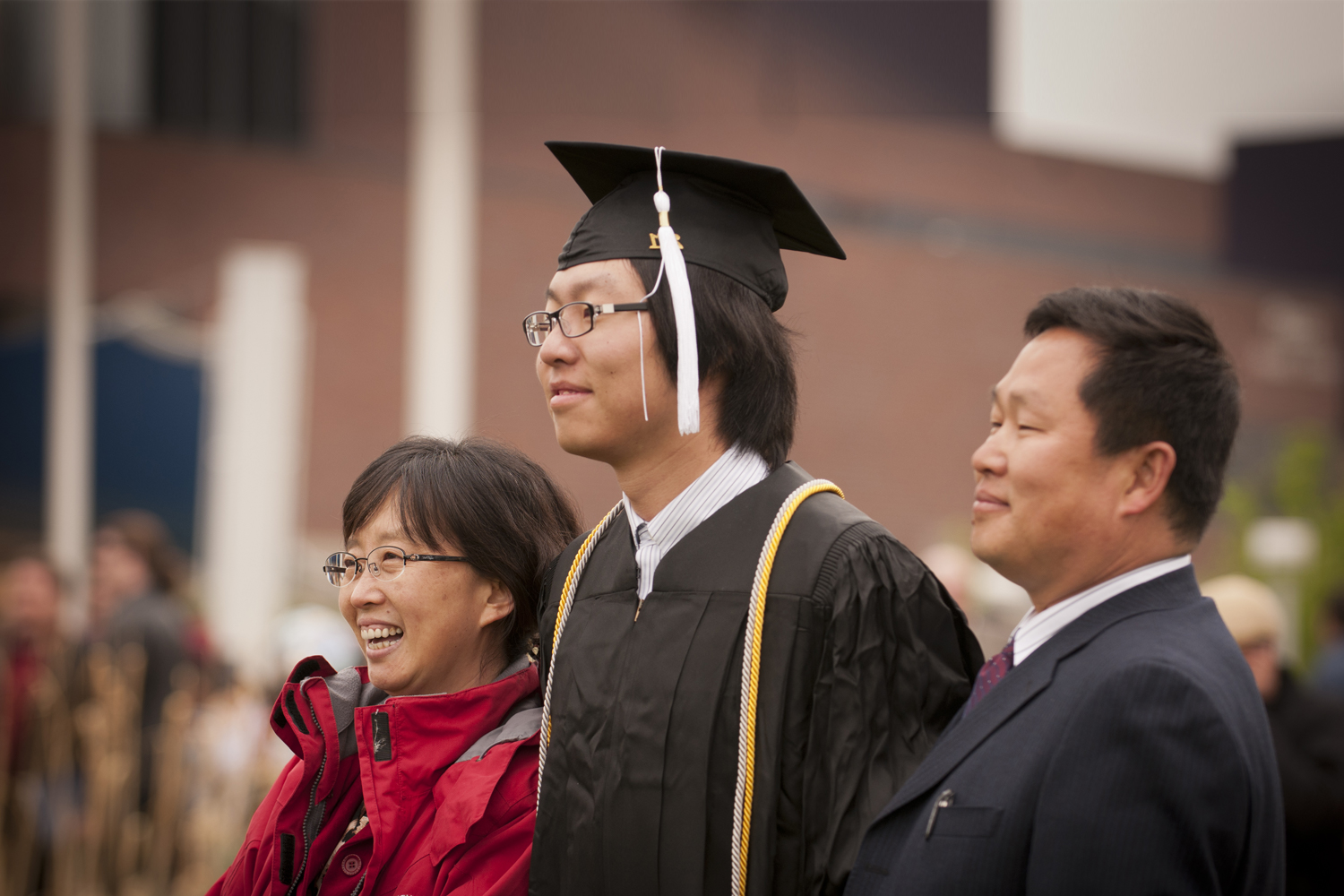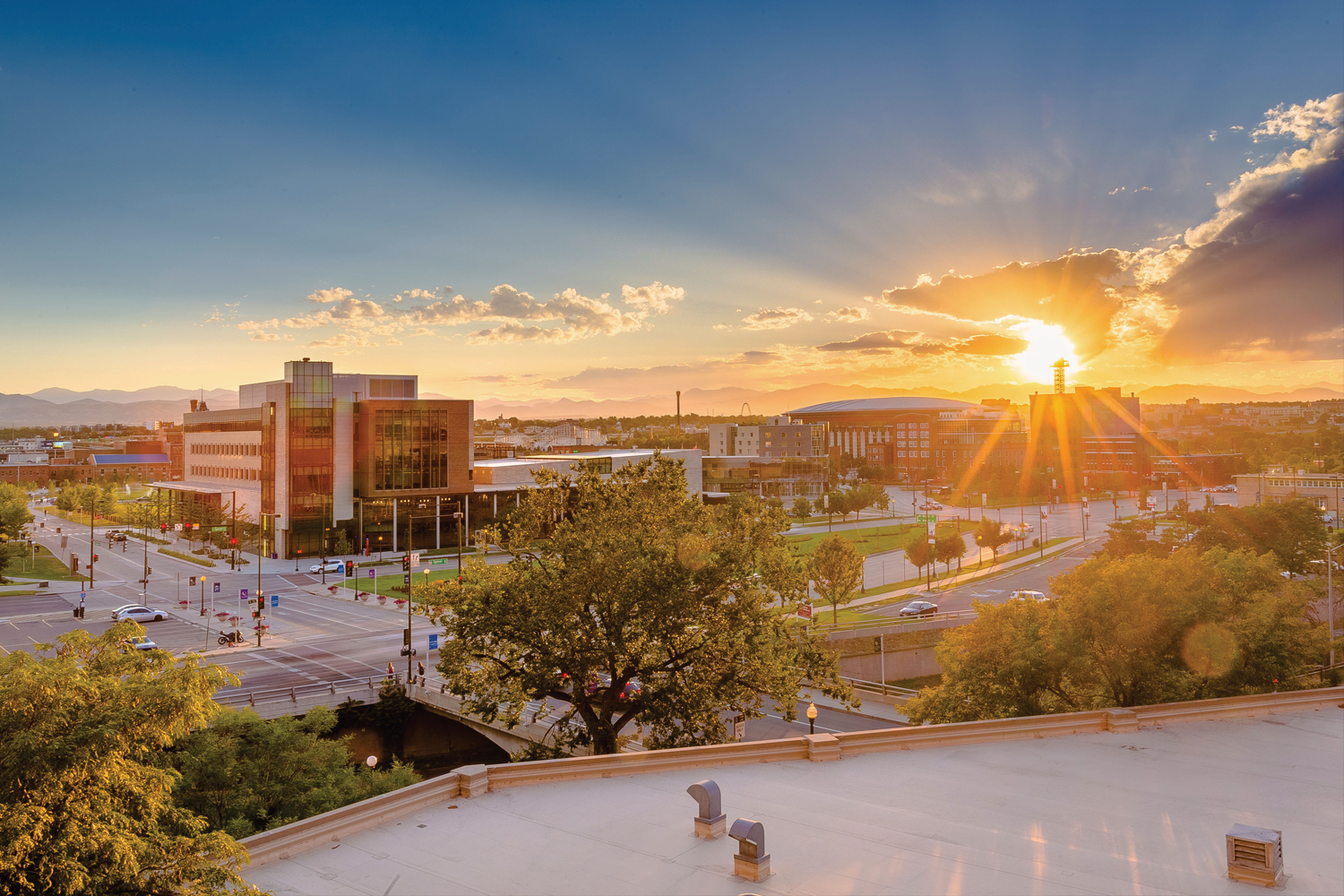Yearning in Yunnan

by Lijia Lin
Note: Lijjie Lin, an ICB student in Beijing, accompanied a group of Christian volunteers to Yunnan province to observe the plight of displaced refugees from Kachin State in Myanmar (Burma). This underreported crisis is the product of a civil conflict between the military forces of Myanmar and the Kachin Independence Army since June 2011, when a 17-year cease-fire broke down. His reflections on what he saw follow. You can reach Lijia Lin at tomlin1992@hotmail.com. (Edited by R. Chaney.)
While on my way to the refugee camps, I first thought of my country’s apparent decision to pay scant attention to the refugees and the war. But when I actually visited the Qie Qieba refugee camp and witnessed the harsh conditions there –lack of medicine, children begging for something to eat, crowds gathered together to pray for peace – I wanted to punch the whole world.
All of this cannot be blamed on any one individual, the army, or a government. The blame belongs to special interest groups who have control over the lives of thousands of people. Everyone knows the truth, but pretend they’re blind.
I love my country, but do not agree that “all politics are with the national interest.” Regardless of concerns about a South Asia pipeline, a dam, or geopolitical events, no humanitarian assistance or justice initiatives have been forthcoming to Myanmar since 2009. And no matter how naive I am about justice initiatives, my conscience does not allow me to be silent, because in my view, we have governments so that they’ll listen. Regrettably, I’m concerned about how my country is dealing with the problems of Burma.
Away from it all, as a Muslim, I admire those who engineered this volunteer project. It’s not for politics, ideology, or even self-interest; rather, it’s to save fragile souls. I hope more people can join in helping these innocent refugees.
Having learned more and more about the world, I am more afraid that one day I might become the person I once hated. When the tag “angry youth” fades away over time, as a 20-year-old I now think about what a person once said to me, “I hope I can still hear what you’re talking about now, even when you are a 30-year-old and take responsibility for your family, communities, and even nations.”
The future is unknowable. I only hope that we will be forever young; always tears.
LEARN MORE
UPDATES
International College Beijing
-

Welcoming the Year of the Snake at CU Denver
Jan 29, 2025CU Denver students, faculty, and staff join in celebrating the Year of the Snake with a festive event.Full story -

Spring Semester Kickoff at CU Denver
Jan 21, 2025ICB students are welcomed to Denver and to campus for the Spring 2025 semester.Full story -

-

Year-Round Events Enjoyed By ICB Students
Aug 31, 2023Throughout 2023, ICB students are continuing to join in the fun of indoor and outdoor events hosted by the Office of International Affairs (OIA) and CU Denver. In the spring, two hundred thirty students, staff, faculty, and friends recognized the Lunar New Year at an event presented by OIA, the Asian Students Association (ASA), and the Intercultural Club Beijing. The Club’s members act as consultants for International College Beijing (ICB), both for American CU Denver students going to Beijing on study abroad programs and Chinese students coming to CU Denver.... read moreFull story





